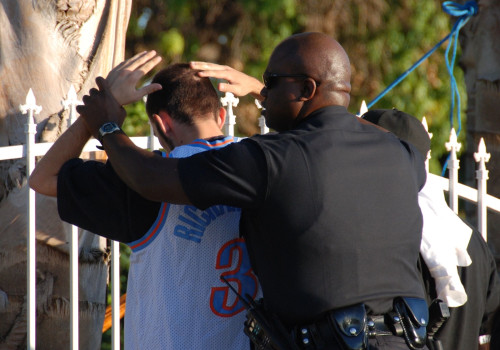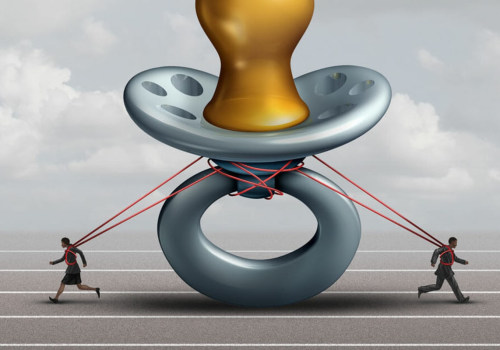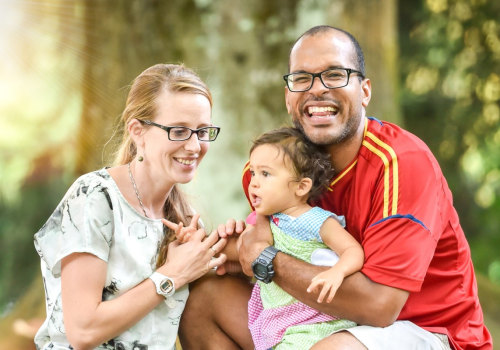Legal Custody in New York “Legal custody refers to a parent's legal right to make important decisions about their son or daughter, such as where the child will attend school, what medical care the child will receive, where he lives, and in what religion the child was raised. Whoever has physical custody, also known as residential custody, is responsible for the actual physical care and supervision of a child. If the judge grants joint physical custody, the child lives with each parent for the same amount of time. If the judge grants sole physical custody, the child lives with this adult more than 50% of the time and this person is the party in custody and the non-custodial party will receive visitation.
Under New York law, the best interests of the child is the most important factor in considering which parent obtains physical custody. The best interests of the child are also the most important factor for the court in deciding whether a situation justifies granting sole custody. Many parents go through their divorce proceedings without a solid understanding of the differences between full custody and sole custody. They're not the same, so you should know what you're asking for when you go to court.
Sole custody includes legal and physical custody. One parent can have one or the other. Full custody is when legal and physical custody is granted to one of the parents. When a parent has more than 50% of the custody time with the child, that parent will be determined to have primary physical custody of the child, giving that parent some authority to make decisions in the absence of an agreement, as well as certain tax credits in the absence of an agreement.
Family law professionals consider joint legal custody to be in the best interest of the child in most cases. New York child custody laws and courts only enforce sole legal custody in extreme situations because they don't consider it in the best interests of the child. Once legal and physical custody has been determined, it can be difficult to modify such agreements or judgments. Any information on this website is provided for informational use only and will not be considered legal advice or the opinion of this law firm or any of its lawyers.
Joint legal custody means that parents have to consult and agree on all important decisions involving the child, including matters such as medicine, religion, school, extracurricular activities. If the court finds that sole legal custody is best for a child, the parent with physical custody rights will generally also receive legal custody. Information on this website should not be relied upon to make a legal decision, and you are strongly encouraged to consult with legal counsel in your jurisdiction who is familiar with the particular circumstances of your legal situation. So how does the marital status of these single parents affect their legal rights and what impact do the laws have on their children? New York child custody laws designate this co-parent as the custodial parent and the child's primary residence.
If there is no court order, both parents have equal rights to physical and legal custody of the child. Joint legal custody means that both parents share the ability to participate in the decision-making process for the child, such as health, education and religion decisions. Joint legal custody means parents have to consult each other when making important decisions. No statement is made that the quality of the legal services to be provided is greater than the quality of the legal services provided by other lawyers.
On the contrary, sole legal custody means that only one parent has the ability to participate in the decision-making process. .










